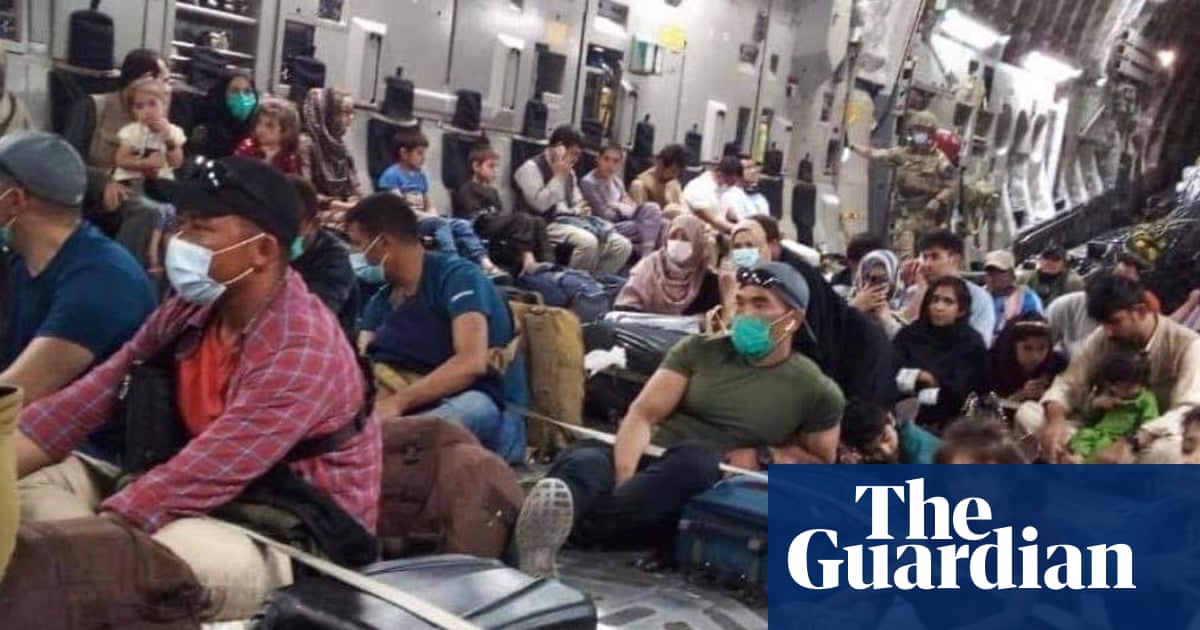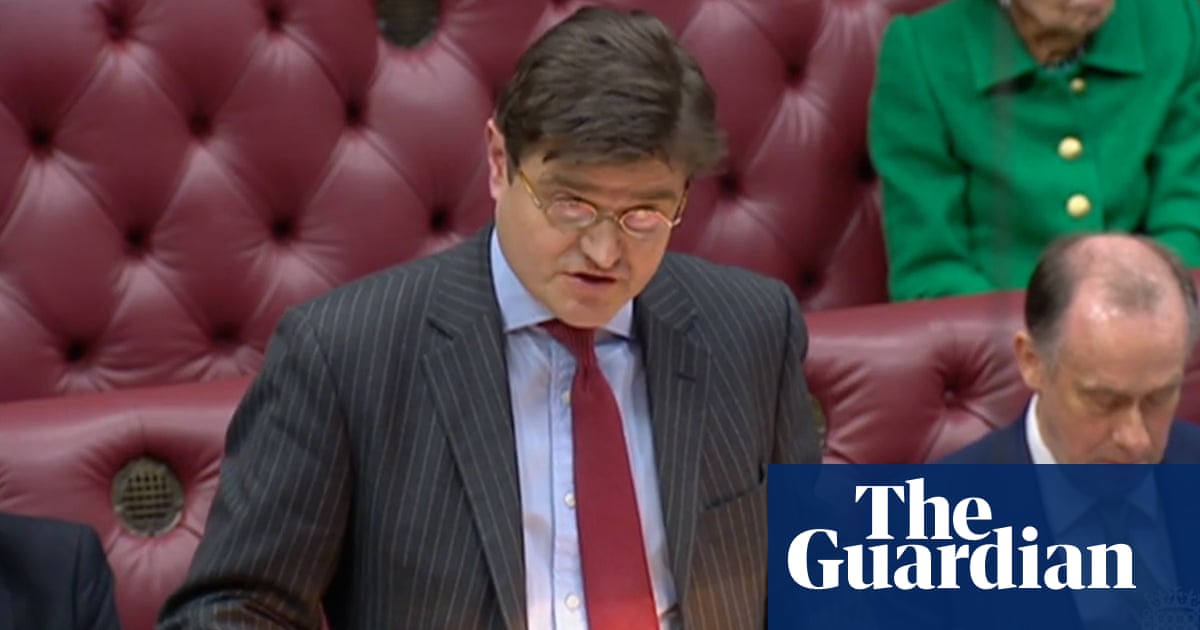
The Home Office detained more than 100 Vietnamese nationals who arrived on small boats in May but planned to speedily remove them from the UK despite them being potential victims of trafficking, the Guardian has learned.
In an exercise codenamed Operation Ammonite, the Home Office chartered two deportation flights to Vietnam, one in April of this year and one in July. The flights carried 27 and 21 deportees respectively. However the Home Office plan was to fill the second plane with many more Vietnamese nationals.
In recent months government officials and NGOs have observed a sharp increase in the number of Vietnamese nationals crossing the Channel on small boats. This is thought to be partly due to a reduction in the number of lorries on the roads and a fear among Vietnamese nationals of travelling in lorries after the tragedy that claimed 39 lives of Vietnamese migrants in 2019.
Internal documents seen by the Guardian marked “Home Office confidential” refer to Operation Ammonite. The documents are dated mid-May 2021. One refers to the “seventh batch of a further 20 individuals accepted for DAC (Detained Asylum Casework)”.
This is a fast-track system of immigration detention where people can be swiftly removed from the UK because their cases are deemed to have no merit and do not require detailed investigation. Lawyers have said the Home Office’s own guidance suggests the procedure should not be used for such cases.
Lawyers believe that more than 140 Vietnamese nationals were detained over three days from 11 to 14 May, a large number of any one nationality to be detained over such a short period.
People who are detained who have lived in the UK for several years, who speak English and who have strong community networks, are more able to raise the alarm and seek legal and other assistance if sent to a detention centre.
But this group of Vietnamese nationals, likely to owe large sums to the smugglers who brought them to the UK and unlikely to speak English, were more likely to slip under the radar.
However, once they did make contact with lawyers and NGOs they were identified en masse as potential victims of trafficking, were released from detention and not put on the deportation flights as the Home Office had planned.
Many of those identified as potential trafficking victims disappeared shortly after being freed. They are thought to have fallen back into the hands of traffickers and forced to work in cannabis farms or nail bars to pay off debts they owe for their passage to the UK.
Tom Nunn of Duncan Lewis solicitors, who dealt with some of the cases, expressed alarm at the mass detentions.
“The DAC process can only be used for cases [the] Home Office believes are doomed to fail based on their reasons for claiming asylum. The Home Office’s own internal guidance suggests that this process cannot be used for Vietnamese nationals who are in fear of moneylenders or traffickers. All of those we came into contact with were claiming asylum for these reasons.”
He added that the Home Office attempted to rush as many vulnerable trafficking victims as possible out of the UK.
“We suspect that not a single person who was detained as part of this strategy was removed on any of the charter flights.
“The main impact of this policy has been to ensure that many of these individuals are now back in the hands of their traffickers. The next contact they have with a lawyer is likely to be when they are arrested following raids on the cannabis houses run by the traffickers.”
A Home Office spokesperson said: “Human trafficking has absolutely no place in our society and we are committed to fortifying our immigration system against these heinous crimes, whilst ensuring victims are protected and offenders prosecuted. Our published policies clearly set out when we can detain individuals, including when any individual can be detained while awaiting consideration of their asylum claim.”












